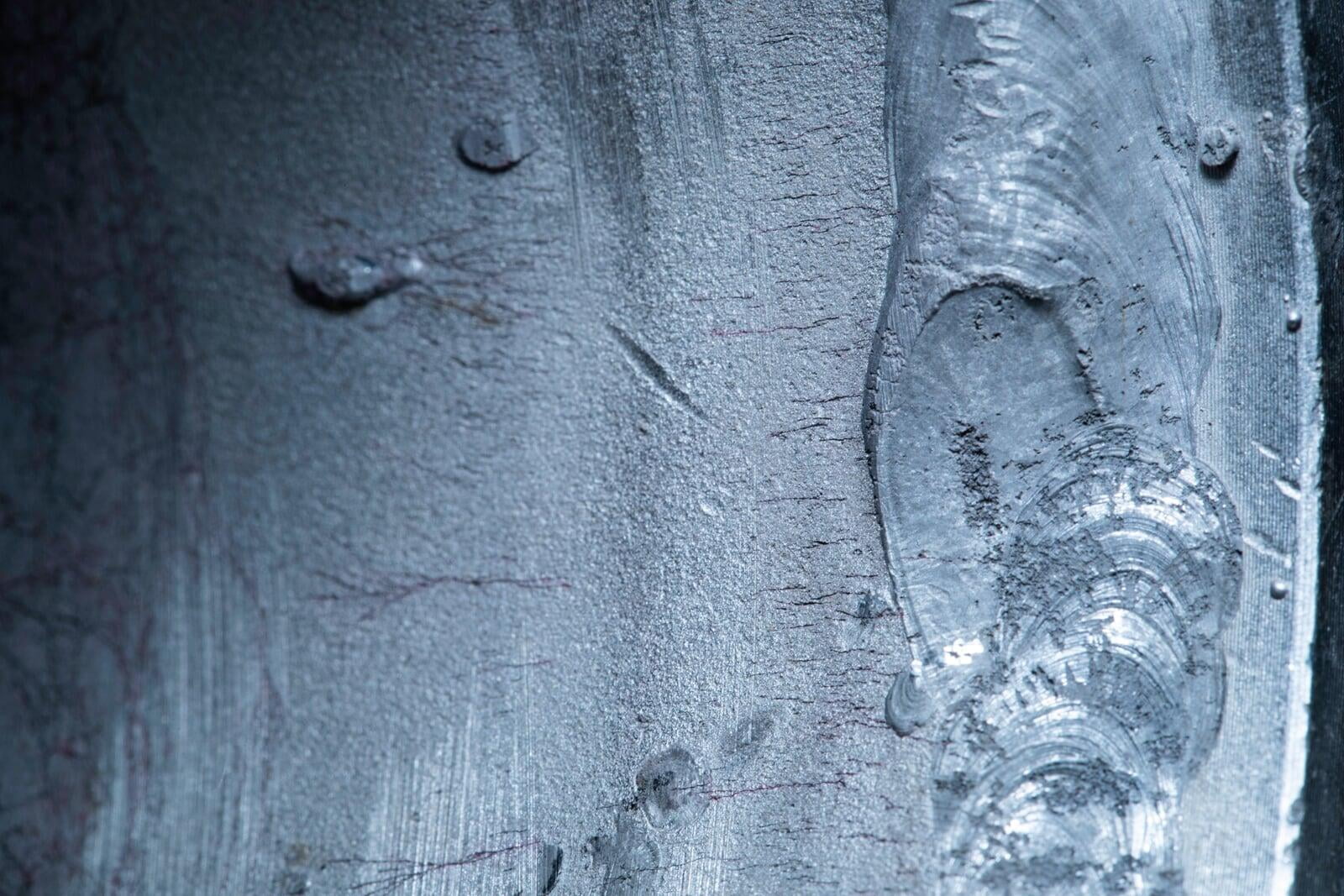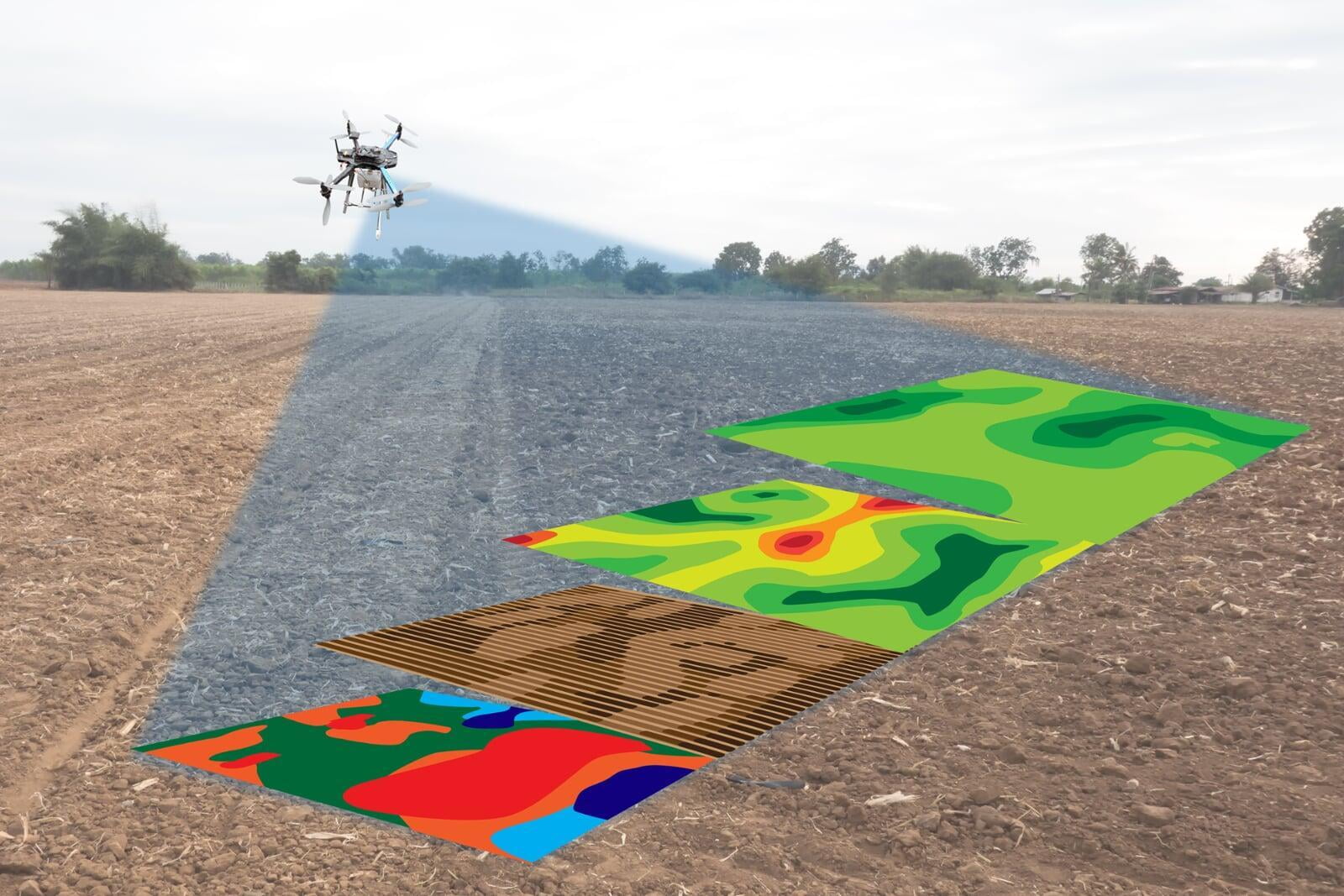
Our Approach
Managing this pervasive threat (SCC)has long been restricted to three techniques: Hydrotesting, In-Line Inspection (ILI), and Direct Assessment (DA). Each of these methods is influenced by various factors including pipe characteristics, manufacturing processes, operational histories, and available historical data.


Big Data's Role
The term "Big Data" refers to the massive volume of structured and unstructured data that is too large to be processed using traditional database and software techniques. In the context of pipeline management and, more specifically, in the study and mitigation of Stress Corrosion Cracking (SCC), Big Data plays a crucial role. It can provide unprecedented insights into the intricate relationships between mechanical stress, material properties of the pipe, and the environmental conditions surrounding it.


